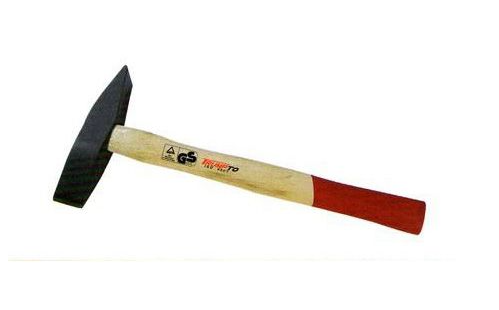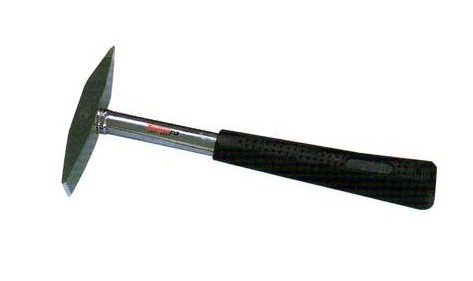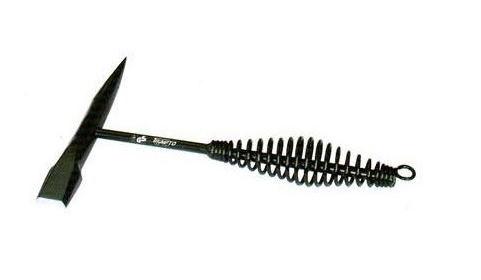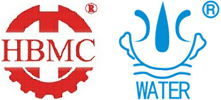Chipping hammers are essential tools in construction, demolition, metalworking, and other industrial applications. They are used to break up, chip away, or remove materials like concrete, weld spatter, rust, or paint. If you’re in the market for buying chipping hammers in bulk for your business, understanding the types, uses, and features is crucial. This guide will walk you through everything you need to know to make informed decisions when purchasing wholesale chipping hammers.
1. What is a Chipping Hammer?
A chipping hammer is a hand tool used to remove unwanted material from surfaces. It features a pointed tip on one side and a flat chisel on the other. Chipping hammers are frequently used in metalworking, welding, and construction applications for tasks like:
- Removing slag and weld spatter from metal surfaces.
- Breaking small sections of concrete or stone.
- Removing rust or old paint from surfaces.
- Cleaning up rough edges after welding or cutting metal.

British Type Chipping Hammer with Bleached Handle
2. Types of Chipping Hammers
There are different types of chipping hammers, each designed for specific applications. Here are the most common varieties:
a. Welding Chipping Hammers
- Use: Primarily used by welders to remove slag and welding residue from metals.
- Design: These hammers typically have a pointed tip for tight areas and a flat chisel for removing larger debris. Some models also feature spring handles to absorb shock.
b. Concrete Chipping Hammers
- Use: Used for breaking up small sections of concrete, stone, or brick in construction and demolition work.
- Design: These hammers are pneumatic or electric-powered and can chip away at hard materials effectively.
c. Scaling Hammers
- Use: Ideal for removing rust, paint, and coatings from metal surfaces.
- Design: Typically features multiple heads or points to chip away coatings with precision.

French Type Chipping Hammer with Tubular Steel Handle
3. Key Features to Look for in Chipping Hammers
When purchasing chipping hammers wholesale, consider these essential features to ensure you’re getting high-quality tools that meet your specific needs:
a. Material Durability
- Head Material: The hammerhead should be made of durable, hardened steel to withstand continuous use. High-quality steel heads resist wear and provide longevity, reducing the need for frequent replacements.
- Handle Material: The handle can be made of wood, fiberglass, or steel. Fiberglass handles are lightweight and absorb more vibration, making them easier on the user’s hands and arms. Wooden handles offer a traditional feel, while steel handles are the most durable.
b. Ergonomics
The hammer's handle should be designed to minimize user fatigue, especially for prolonged use. Look for handles that feature shock-absorbing materials, anti-slip grips, or springs to reduce vibration.
c. Weight
The weight of the hammer plays a significant role in its functionality:
- Lightweight Hammers (1-2 lbs): Suitable for delicate tasks like removing slag from metal.
- Heavyweight Hammers (3+ lbs): Used for more heavy-duty work, such as breaking concrete or removing thick rust.
d. Type of Power (For Power Hammers)
For concrete or scaling hammers, you can choose between pneumatic (air-powered), electric, or cordless battery-powered options:
- Pneumatic Hammers: These offer consistent power and are ideal for large-scale construction sites.
- Electric or Battery-Powered Hammers: Convenient and portable, making them suitable for remote locations or smaller projects.

American Type Chipping Hammer
4. Wholesale Purchasing Considerations
When buying chipping hammers in bulk, consider the following factors to get the best value for your money:
a. Supplier Reliability
Ensure that you’re purchasing from a reputable supplier with a history of providing high-quality products. Check for customer reviews, business credentials, and the availability of warranties or guarantees.
b. Minimum Order Quantities (MOQs)
Some suppliers have minimum order quantities when selling wholesale. Make sure that the MOQ aligns with your business needs and budget.
c. Bulk Discounts
One of the main advantages of purchasing wholesale is the cost savings from bulk discounts. Suppliers may offer tiered pricing, with larger orders receiving higher discounts. Make sure to negotiate the best terms, especially for repeat orders.
d. Customization Options
Some suppliers allow for product customization, such as adding your company’s logo, specific handle designs, or colors. Customization can be a valuable way to build brand recognition if you're reselling the tools.
e. Shipping and Delivery
When purchasing in bulk, shipping costs can add up quickly. Look for suppliers that offer competitive or free shipping for large orders. Additionally, check for estimated delivery times to ensure the tools arrive when needed for your business operations.
5. Applications of Chipping Hammers
Understanding the diverse applications of chipping hammers can help you determine the right type for your target customers:
- Welding and Metalwork Shops: Welding hammers are indispensable in removing slag and smoothing metal joints.
- Construction and Demolition: Concrete chipping hammers are essential for small demolition jobs, masonry work, and finishing concrete surfaces.
- Automotive and Marine Industries: Scaling hammers help in removing rust, paint, and scale from large metal surfaces, making them useful for automotive repair shops and shipyards.
6. Maintenance and Care Tips
To ensure the longevity and performance of chipping hammers, follow these maintenance tips:
- Clean After Use: Remove any slag, concrete, or debris from the hammerhead after each use.
- Inspect Regularly: Check for any cracks in the handle or wear on the head. Replace damaged parts promptly.
- Store Properly: Store the hammers in a dry, cool place to prevent rusting, especially for steel tools.
Conclusion
Choosing the right chipping hammers for your wholesale business requires an understanding of the different types, materials, and features that make these tools effective. Whether your customers are welders, construction workers, or craftsmen, providing them with high-quality chipping hammers ensures they can complete their tasks efficiently. Keep durability, ergonomics, and supplier reliability in mind as you stock your inventory, and you’ll be able to offer the best tools for various industrial needs.








